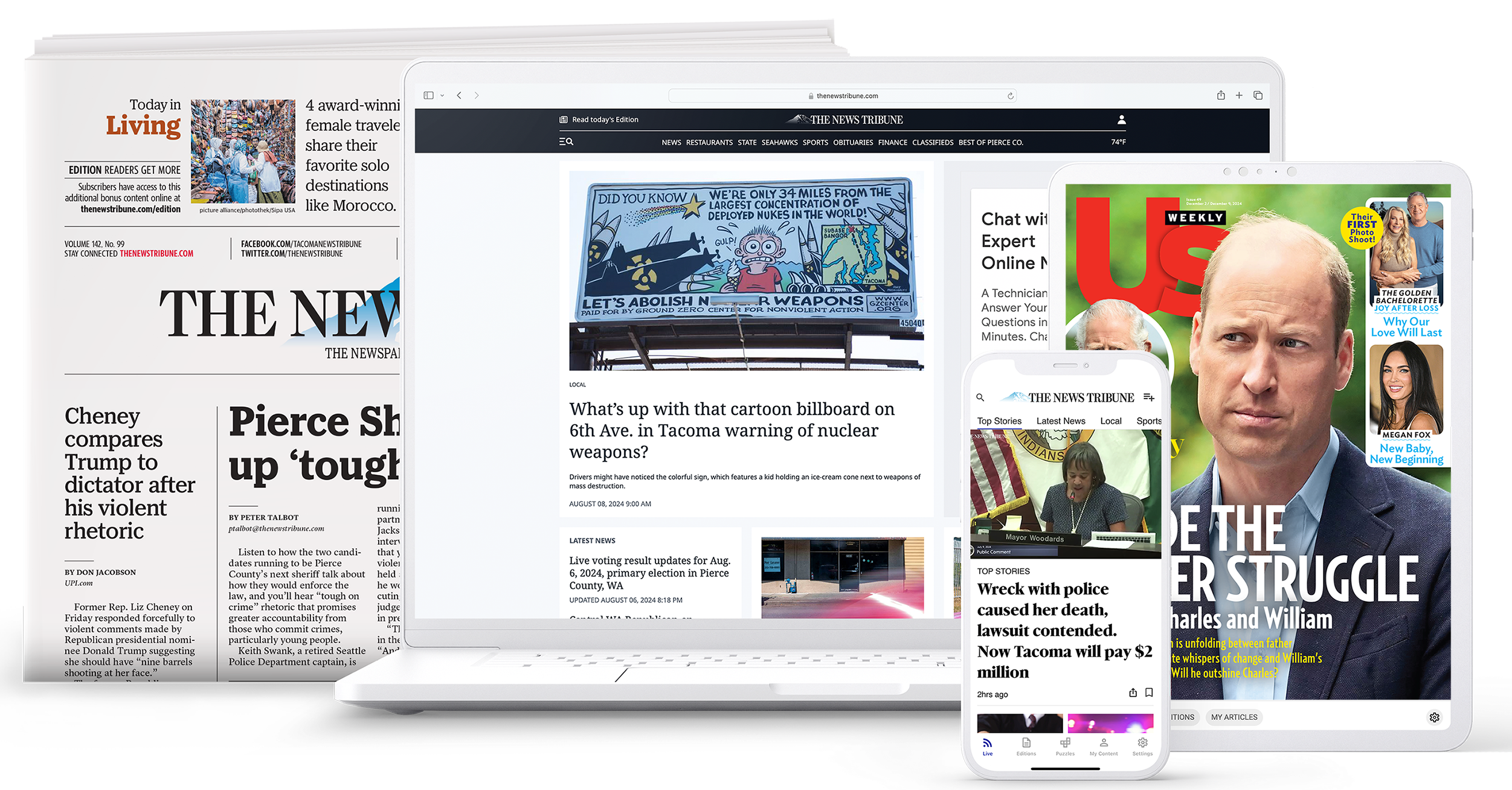The Complete Tour of stnews.live for First-Time Visitors
The Importance of Fact-Checking worldwide of News Online
The occurrence of false information in today's on the internet news landscape has actually gotten to startling degrees. Fact-checking companies play an important duty in counteracting this pattern. They confirm cases and enhance the integrity of journalism. The effectiveness of these companies often pivots on their methods and public assumption. As target markets navigate this intricate environment, the ramifications of their findings may form the future of news usage and depend on. What does this mean for the stability of information moving onward?

The Rise of Misinformation in the Digital Age
Just how has the arrival of digital innovation contributed to the spread of misinformation? The fast development of the web and social media platforms has actually promoted the dissemination of info at an unmatched pace. Individuals can share articles, video clips, and opinions with a plain click, often without confirming the web content's precision. Formulas focus on mind-blowing or psychologically billed product, resulting in a proliferation of misleading stories that record interest.
Furthermore, the privacy afforded by electronic platforms allows individuals to spread incorrect information without accountability (stnews.live). Misinformation thrives in resemble chambers, where customers are exposed mostly to viewpoints that enhance their beliefs, better setting fallacies. The saturation of details can bewilder customers, making it challenging to discern reputable sources from undependable ones. Misinformation has come to be a pervasive issue in the digital landscape, impacting public point of view and count on in genuine news resources.
The Role of Fact-Checking Organizations
Fact-checking companies play an essential role in boosting the integrity of journalism by validating insurance claims made in news reports. Their efforts are essential in combating false information, ensuring that exact details prevails in the electronic landscape. By holding media electrical outlets answerable, these organizations contribute substantially to educated public discussion.
Enhancing Reliability in Journalism
While false information proliferates in the digital age, fact-checking companies play a crucial role in boosting the reputation of journalism. These companies thoroughly confirm cases made in newspaper article, public statements, and social networks posts, making sure that details distributed to the public is exact and credible. By providing independent assessments, they act as a vital source for journalists, aiding them maintain high criteria of integrity. In enhancement, their initiatives promote openness in media, cultivating public count on. As target markets become significantly critical, the existence of trusted fact-checking entities can differentiate reputable news resources from those that may spread frauds. Ultimately, the commitment of fact-checking companies to support truthfulness is critical for the wellness of democratic discussion.
Combating Misinformation Effectively
As misinformation remains to spread quickly across digital systems, the duty of fact-checking companies comes to be progressively crucial in the battle for precise details. These companies offer as guard dogs, scrutinizing insurance claims made by public numbers and media outlets to guarantee responsibility. By utilizing extensive research study approaches and specialist evaluation, they validate truths and clarify deceptive narratives. Their findings are shared with different networks, educating the general public and promoting crucial reasoning. On top of that, partnerships with social media platforms enhance their reach, enabling for punctual flagging of false details. As electronic proficiency expands, the impact of fact-checking organizations is crucial in empowering audiences to discern reality from fallacy, inevitably adding to a much more informed society.
How Misinformation Affects Public Perception
Misinformation considerably undermines rely on media, leading target markets to doubt the trustworthiness of news sources. As a result, people often gravitate in the direction of electrical outlets that strengthen their current ideas, contributing to the polarization of opinions. This dynamic produces a fragmented info landscape, where shared comprehending becomes progressively hard to attain.
Trust in Media

Trust fund in media has come to be significantly delicate in the electronic age, where the fast spread of false information can alter public understanding. As misinformation proliferates across social networks and online systems, audiences commonly find it challenging to recognize reputable sources from unreliable ones. This unpredictability fosters apprehension, leading numerous individuals to examine the objectives behind news coverage. Subsequently, rely on established media electrical outlets has actually reduced, as consumers significantly transform to alternate sources that might do not have rigorous content standards. This disintegration of count on not only affects specific beliefs yet also threatens the collective capacity to engage in informed conversations. Eventually, the honesty of journalism is at stake, highlighting the vital demand for efficient fact-checking to bring back self-confidence in the media landscape.

Polarization of Viewpoints
The enhancing skepticism toward traditional media has actually added to a growing polarization of point of views among the general public. False information, frequently shared with social media and on-line platforms, plays a considerable function in forming unique ideological divides. People frequently look for details that lines up with their pre-existing beliefs, strengthening their viewpoints while disregarding opposing perspectives. This resemble chamber result heightens departments, bring about a fragmented public discussion where agreement ends up being significantly elusive. Additionally, sensationalized narratives prosper in this setting, further skewing public perception and fostering wonder about in legitimate resources. As polarization rises, the need for efficient fact-checking ends up being critical to connect spaces and promote educated conversations, inevitably making sure a more natural culture qualified of navigating complex issues.
Methods for Reliable Fact-Checking
Efficient fact-checking relies upon an organized approach that includes comprehensive research helpful hints study, verification of resources, and essential evaluation of insurance claims. A foundational strategy is cross-referencing information from numerous trustworthy sources to confirm its accuracy. Fact-checkers often make use of specialized data sources and archives to map the origin of particular declarations, ensuring that the reported info straightens with recorded proof.
Another necessary method involves scrutinizing the context in which claims exist. Misleading details can occur from out-of-context quotes or careful information usage. By checking out the broader narrative, fact-checkers can determine prospective prejudices or false impressions.
Involving with specialists in appropriate fields can provide quality and insight that improves the fact-checking procedure. This partnership can discover nuances that laypeople may ignore - stnews.live. Ultimately, a self-displined technique combining these strategies promotes a more enlightened public, improving the reliability of details disseminated in the electronic age
The Impact of Social Network on News Consumption
How has this link social media sites transformed the means individuals take in news? The emergence of platforms like Facebook, Twitter, and Instagram has notably transformed news intake patterns. News is currently disseminated quickly, allowing individuals to accessibility real-time updates and engage with content via likes, shares, and remarks. This immediacy has promoted a choice for bite-sized information, frequently at the expenditure of in-depth evaluation.
Additionally, social media allows customized news feeds, where formulas curate content based upon user choices, developing resemble chambers that might restrict direct exposure to varied point of views. The duty of traditional news electrical outlets has actually reduced as individuals increasingly count on peer recommendations and trending topics. The credibility of information is frequently compromised, as sensationalism can eclipse valid reporting. In general, social media sites has improved news consumption, stressing rate and personalization while testing the requirements of journalistic honesty.
Encouraging Audiences to Recognize Trustworthy Resources

In addition, examining the authorship and organizational background of news posts can expose possible predispositions. Cross-referencing info across several reliable electrical outlets further enhances the verification procedure. Making use of digital tools, such as internet browser extensions that rank the reputation of web sites, can likewise aid in identifying trustworthy info. By actively engaging with these resources and growing a crucial attitude, target markets can much better furnish themselves to recognize trusted news resources, eventually cultivating a much more informed society among the complexities of today's media setting.
The Future of Journalism and Fact-Checking
As the media landscape develops, the future of journalism and fact-checking encounters both challenges and possibilities. The rise of electronic platforms has actually equalized information circulation, allowing varied voices to arise. This has likewise led to the spreading of misinformation, requiring durable fact-checking devices. Journalists will increasingly rely upon innovation, including AI tools, to confirm realities rapidly and effectively.
Partnership in between news companies and fact-checking entities is expected to reinforce credibility and transparency. Furthermore, target market involvement will play a necessary duty, as educated readers come to be substantial partners in identifying trustworthy material.
The demand for responsibility and precision is likely to grow, pressing journalists to maintain high criteria in their reporting. Inevitably, the future of journalism might rest on its capacity to adjust to technical advancements while maintaining journalistic integrity, making certain that fact-checking remains a cornerstone of legitimate news.
Regularly Asked Concerns
Exactly How Can I Report Misinformation I Run Into Online?
To report misinformation come across online, individuals can utilize platform-specific coverage devices, offer clear evidence, and share the info with fact-checking companies. Engaging with neighborhood discussions can likewise help elevate recognition regarding the misinformation.
What Are Typical Signs of False Information in News Articles?
Common indicators of false information in news posts consist of astonishing headlines, absence of credible resources, psychological language, irregular realities, and absence of writer credentials. Viewers need to critically assess content for these indications to recognize precision.
How Do Fact-Checkers Validate Sources?
Fact-checkers validate sources by cross-referencing info with trustworthy data sources, speaking with professionals, and analyzing the original context of cases. They additionally analyze the dependability of the sources, ensuring exact and trustworthy details for public consumption.
What Legal Actions Can Be Taken Versus False information?
Legal activities versus false information might include vilification legal actions, cease-and-desist orders, and regulative charges. Victims can seek remedy via civil courts, while some territories impose penalties or sanctions on systems sharing incorrect info.
Exist Apps for Fact-Checking News On-The-Go?
Countless apps exist for fact-checking news on-the-go, including Snopes, FactCheck.org, and PolitiFact. These applications assist customers validate insurance claims swiftly, advertising educated decision-making and fostering a more discerning method to consuming news in real-time.